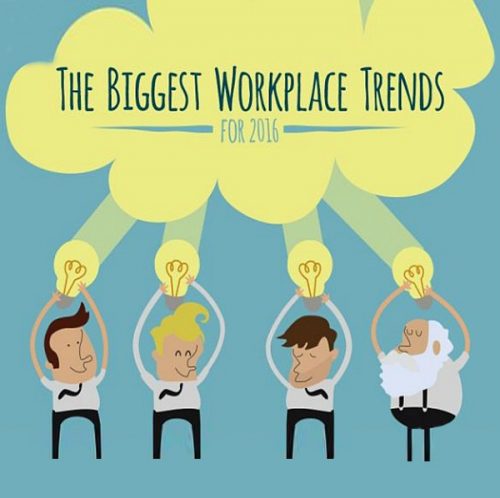Acas Workplace Trends
This is the second report Acas has produced identifying some of the trends we think will impact on the workplace in the coming year. Predicting the future is, of course, fraught with difficulty but some of the developments that are likely to have an effect on employment relations in 2016 are, I think, already discernable.
In our report last year we identified labour productivity as a matter of real concern to the UK economy and it is an issue likely to remain high on the agenda during 2016. The Government certainly see it very much as a top priority as was made clear in their report on the subject published in July last year. After a long period of stagnation, UK productivity has recently begun to pick up. But, in relative terms, we still remain a long way behind our major international competitors. Getting the UK productivity levels up to those of the likes of Germany and the United States will not be easy. However the potential rewards are considerable, with the Government estimating that if we could match the productivity of the US this would equate to around £21,000 per annum for every household in the UK.
What happens inside the workplace will have a big part to play in improving productivity and in 2015 Acas published an influential report setting out the ‘seven levers’ which it feels can make a positive difference to workplace productivity. Looking to 2016, we will continue to work with stakeholders and organisations to promote and refine our thinking in this respect. Later on in this report Gill Dix, Acas Head of Strategy, considers the underlying values of Acas’ perspective on productivity by looking at some companies Acas has worked with recently.
Pay, and in particular the new National Living Wage, is likely to be a major issue in the minds of many organisations during 2016. The announcement of a new National Living Wage by the Chancellor in his 2015 summer budget came as something of a surprise to most commentators. Although welcomed by many, the proposal has met with concern, most particularly from some employer bodies, questioning how the new rate of £7.20 would be afforded. There is no doubt its impact will be widely felt. Joint research from CIPD/Resolution Foundation reveals that over half of all employers reckon their wage bills will be affected by the new wage, whilst in sectors such as hospitality and retail this percentage rises to over three quarters. At the moment it seems that many employers will be looking to pay for the National Living Wage through increased efficiency/productivity but some will no doubt respond by raising prices and/or reducing head-count.
For the first time in a generation, collective employment relations are once again back in the headlines. The new Trade Union Bill, which is currently being considered by Parliament, looks set to transform aspects of collective relations, including the law on industrial action. The Bill has aroused strong feelings. Whilst the Government see it as a necessary modernisation and reform, opponents claim it is a direct attack on trade unions and a solution looking for a problem. Speculation is rife on what the precise impact of the new law will be on the future of workplace relations but, whatever the impact, good communication will be vital to managing the new relationship between employers and trade unions and employee representatives. How to communicate and the challenges it poses are two issues addressed in this report by David Prince, Acas Chief Conciliator, and Frances O’Grady, General Secretary of the TUC.
Workplace bullying is never far from the headlines these days and there are worrying signs that it is on the increase. Last year over 20,000 calls were taken by the Acas helpline on bullying and harassment with some people reporting truly horrifying incidents including humiliation, ostracism, verbal and physical abuse. Anti-bullying policies are pretty widespread in Britain’s workplaces but it seems fairly clear that they are falling short in reducing the overall prevalence of this form of unwanted behaviour. Tackling bullying will of course involve effective anti-bullying policies but it will also need managers being alert to unwanted behaviours and having good people skills to know how and when to intervene. Also important are agreed standards of what acceptable and unacceptable behaviours should look like, and senior leaders able and willing to act as role models for these standards. Susan Clews, Acas Chief Operations Officer, looks at these issues in more detail in the pages that follow and there is also a case study from Dr Makani Purva, newly appointed ‘Anti-Bullying Tsar’ at Hull NHS Trust looking at how to change a workplace culture.
The huge changes that we have seen in the nature of working life in recent years look set to continue during the course of the coming year. Zero-hours contracts have faded somewhat from media attention in recent months but their use continues to grow. The Office for National Statistics now estimates that there are some 744,000 workers in the UK working on contracts that guarantee no minimum hours. Whilst this only represents some 2.4 per cent of the total UK workforce, it is still 19 per cent up on the previous year’s figure and does seem to suggest that zero-hours contracts will remain a significant feature of the workplace for some years to come. And the use of agency workers, and the outsourcing of products and services also continue to feature significantly in the British workplace. Such ‘non-standard’ working arrangements may indeed become a standard feature of the labour market as we look to the future, and the challenge is making sure they work for the benefit of both the organisation and the individual. For sure, such arrangements require careful management. The general issue of management is one that is addressed by Anne Sharp, Acas Chief Executive, later on in this report and also by Steve Elliott from the Chemical Industries Association. Both give their own personal takes on what it takes to be a good manager and leader.
These are just a few thoughts on what 2016 might hold. As I said at the beginning, predicting the future is not easy and undoubtedly there will be surprises and even shocks as we go through the year. But I hope that this report give you some thoughts to consider alongside your New Year resolutions.






